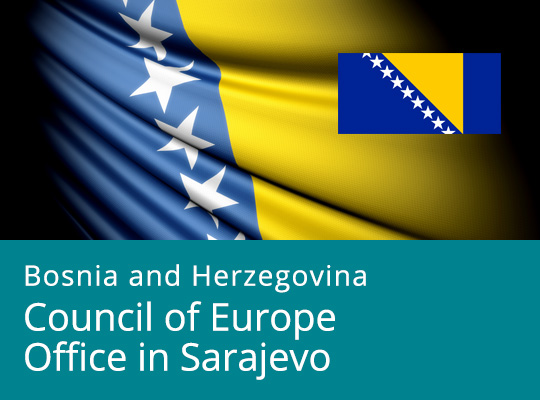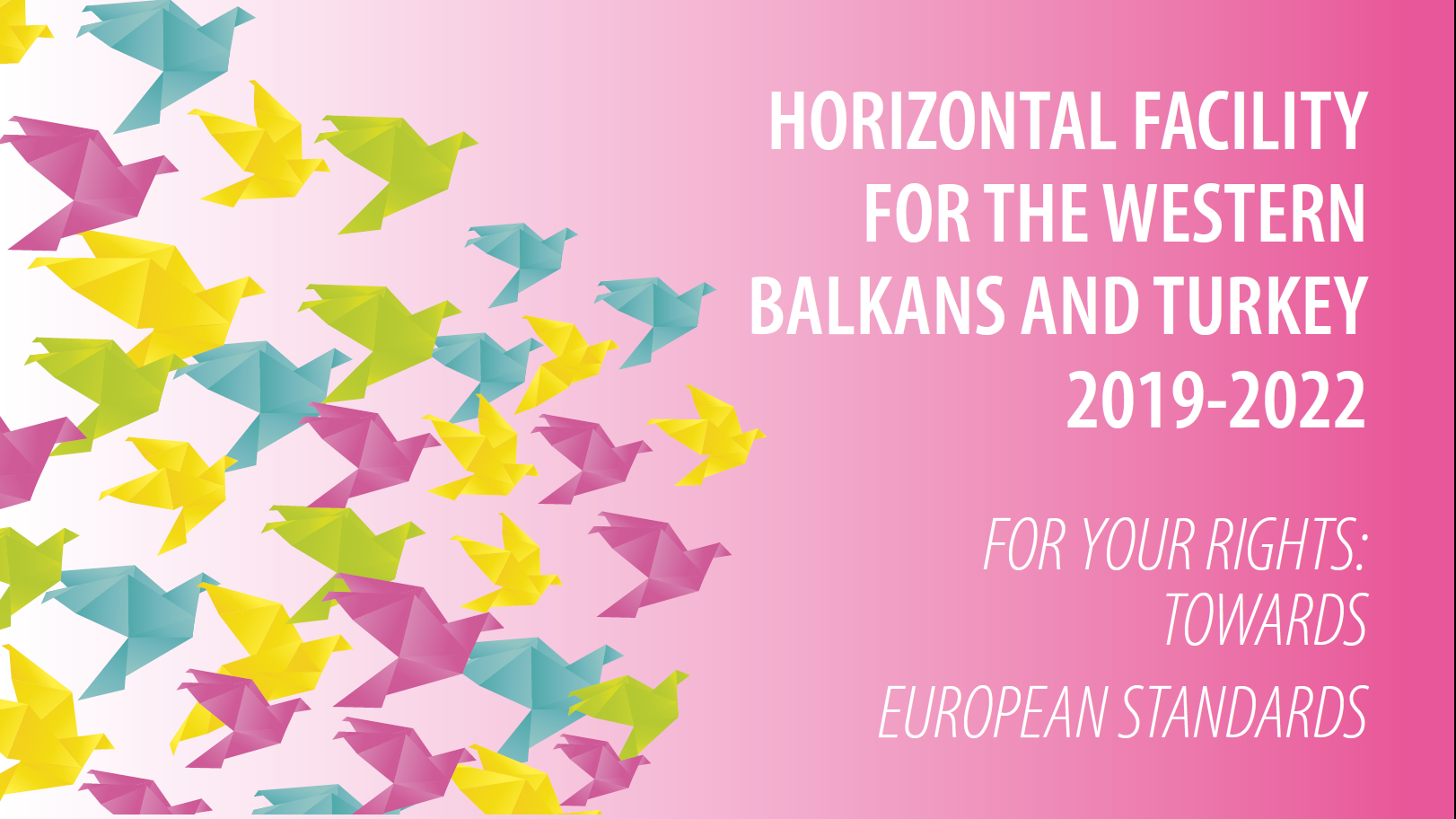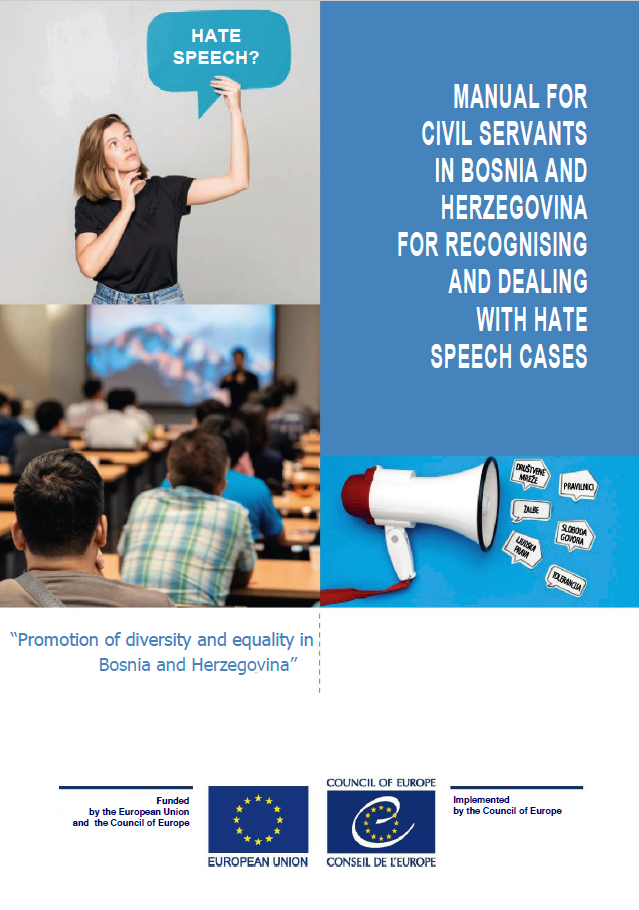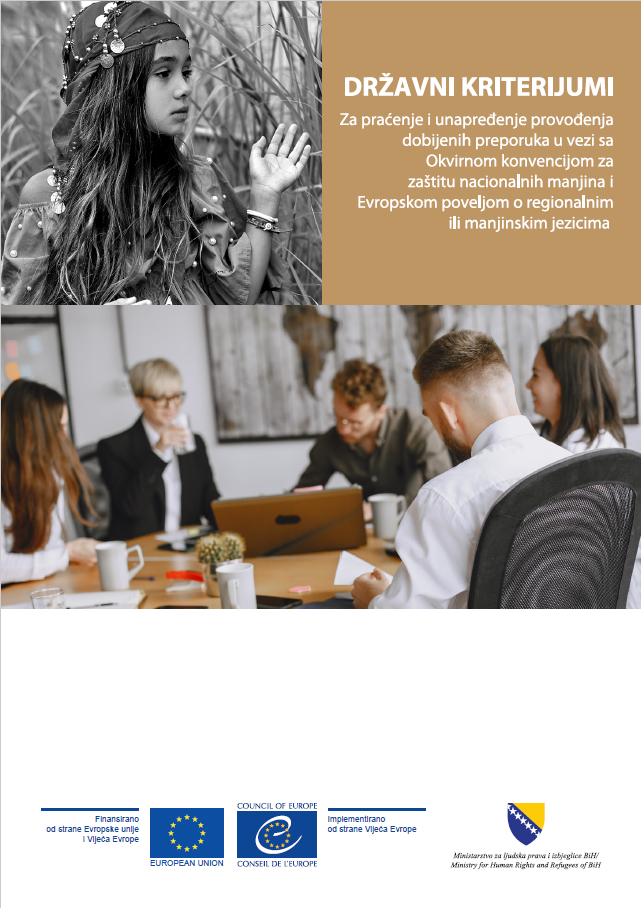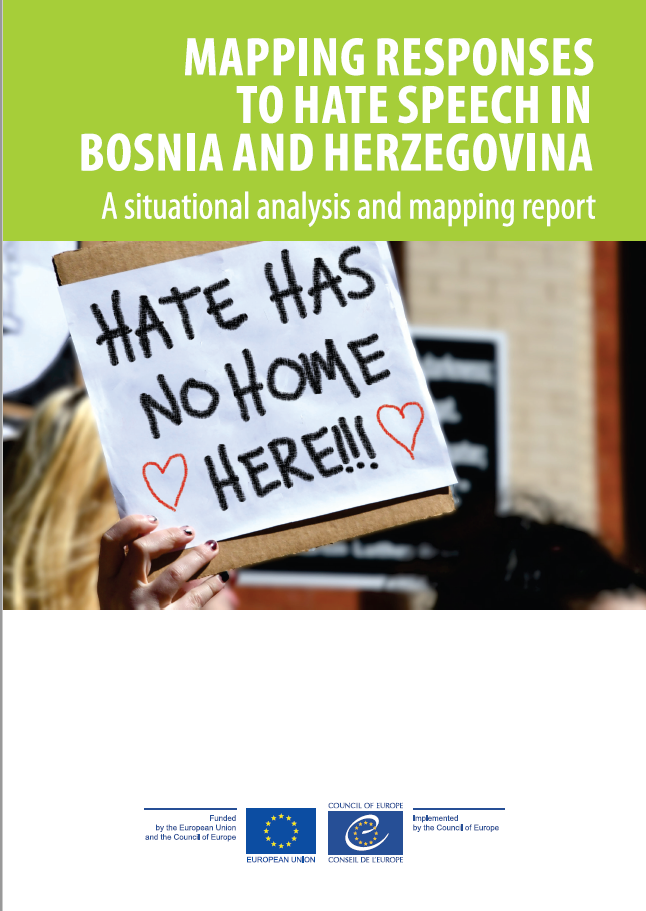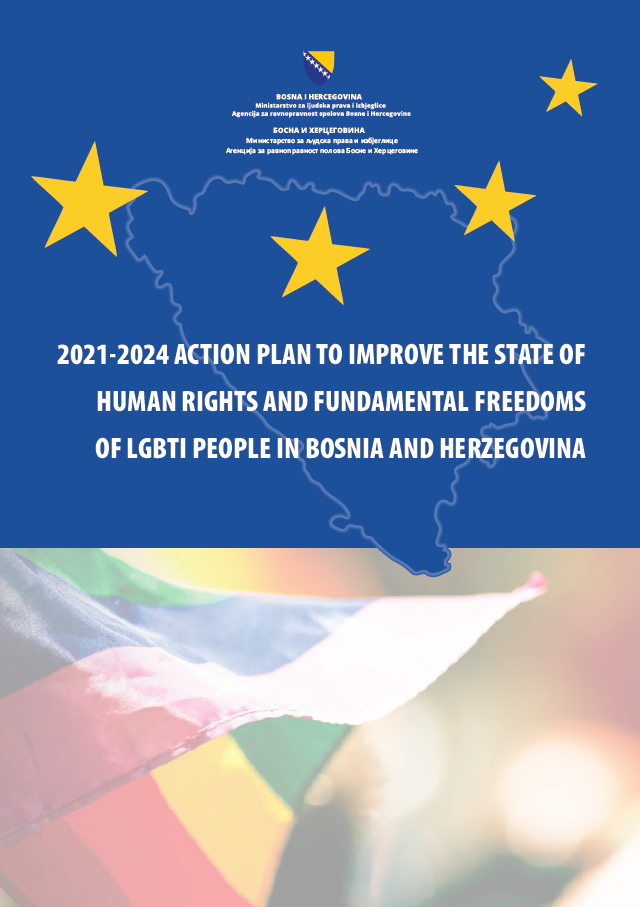“I feel relieved and unballasted and I want more opportunities where I will have the possibility to hang out with people and to enjoy everything I am in a relaxed way. It is hard to hide every day and to live double life in order not to be discovered. I am aware that I would lose a lot if one would find out about me and I am most afraid of the reaction of my family, friends but also not to lose my job”, said Nikola, one of the participants of the psychotherapy and counselling support program that was provided to lesbian, gay, bisexual and trans people during the previous three months of pandemic period by the Center for Youth KVART.
Through the action “Promotion of diversity and equality in Bosnia and Herzegovina” the European Union and the Council of Europe, financially supported Centre for Youth KVART to organise free counselling for LGBTI people throughout Bosnia and Herzegovina. During the pandemic period, lesbians, gays, bisexuals and trans people were recognised as people who needed this help and support and therefore it was provided to people from different cities in Bosnia and Herzegovina, from Prijedor, Banja Luka, Bosanski Novi, Mostar, Brcko, to Bihac and Bijeljina.
Through these meetings, it has been worked on participants’ internal and external assessment of capacities providing emotional support, building motivation and capacities to cope with stressful situations, processes of accepting sexual orientation, support in the period of transition of trans people, emotional literacy, and other issues which were mapped as barriers in everyday functioning.
The new situation related to the Corona virus has certainly affected the majority of the population of our country, and it especially affected already marginalised groups throughout Bosnia and Herzegovina. Undeniable is that stressful situation during the pandemic, isolation, fear and constant tension due to uncertainty, triggered new emotional reactions, but also awakened old and unprocessed trauma.
Nina is a trans woman who says that period during the pandemic and isolation was difficult for her, since she was exposed to the additional pressure of hiding and caring about her father. “The conversations and everything we did together meant a lot to me, because I am so lonely and my life with my father and caring for him do not give me the opportunity to be what I fully am. I am often exposed to the physical violence because of my gender identity and I hope that I will be able to start taking hormones as soon as possible and that I will finally be able to be free of this body, because this is not me”, she says.
Branko Culibrk, from the Youth Centre KVART, said that it is really important that the European Union and the Council of Europe provided this kind of support in this difficult period. “Although all participants express great satisfaction for having the opportunity to receive this support through these activities, it was challenging to work and listen to different experiences from different communities throughout Bosnia and Herzegovina. It is interesting that most of the participants expressed their desire and need to get involved into the group activities where they will be able to spend more time with members of the LGBTI community, but at the same time they have recognised the importance of working on themselves”, said Culibrk.
These activities are in line with Council of Europe Recommendation on measures to combat discrimination on grounds of sexual orientation or gender identity adopted 10 years ago and it provides guidelines for the European countries in the fight against homophobia, transphobia, biphobia and interphobia, that was addressed by the General Secretary Marija Pejcinovic Buric ahead of the International Day against Homophobia, Transphobia and Biphobia (IDAHOT).
Youth Center KVART will continue to provide support and organise various activities aimed at networking and strengthening members of the LGBTI community, and it is already recognised as an organisation that supports and protects the rights of the LGBTI community in Bosnia and Herzegovina.
The Youth Centre KVART is a beneficiary of the joint programme of the European Union and the Council of Europe "Horizontal Facility for the Western Balkans and Turkey 2019-2022”.The views expressed in this article are the responsibility of the author and do not represent the official views of the European Union and the Council of Europe.



